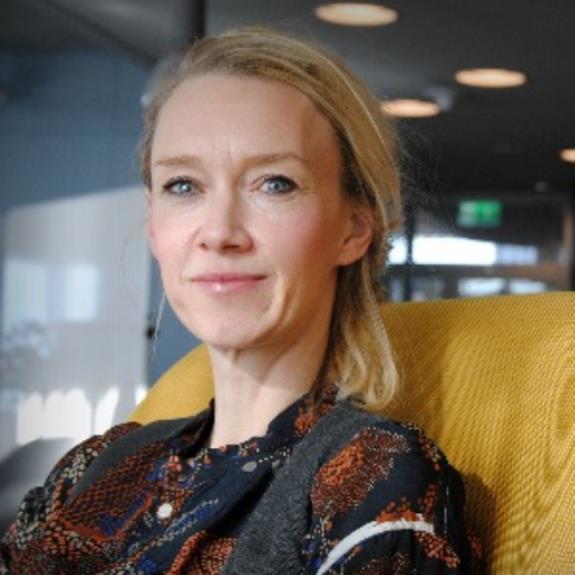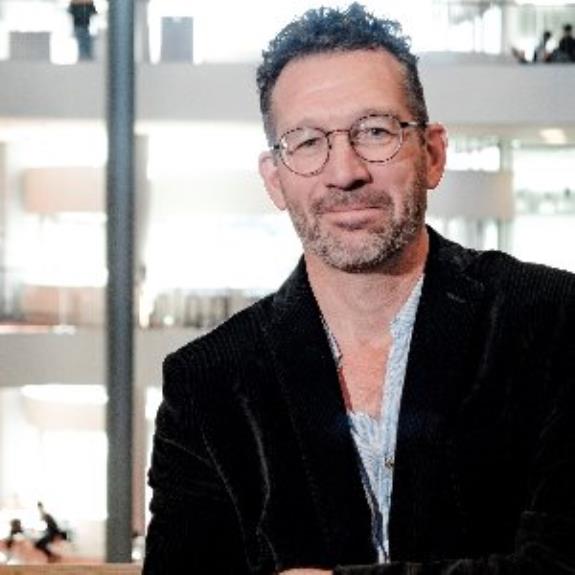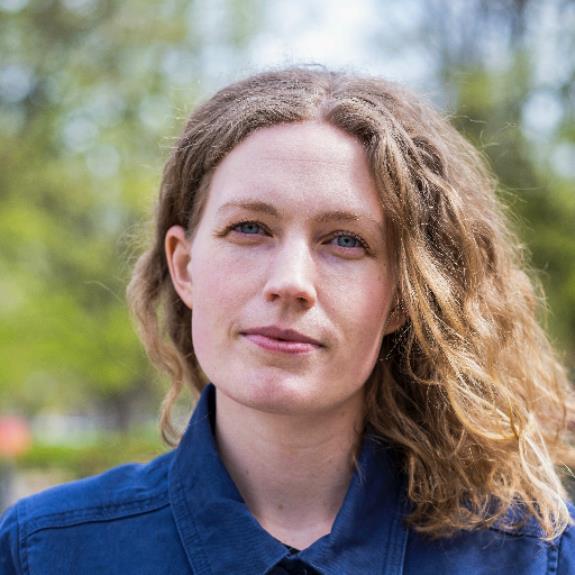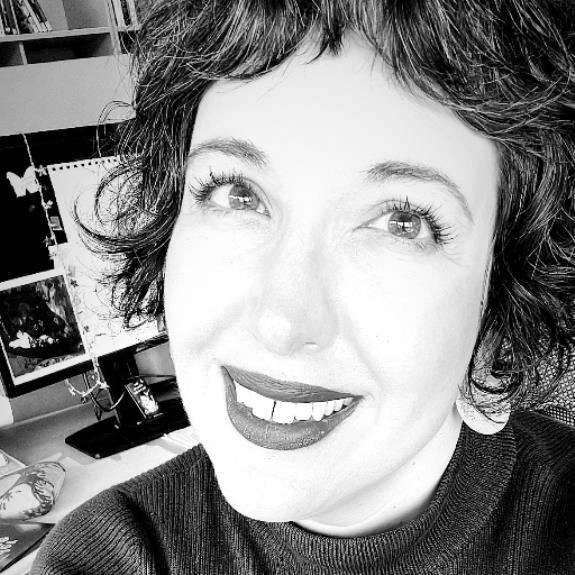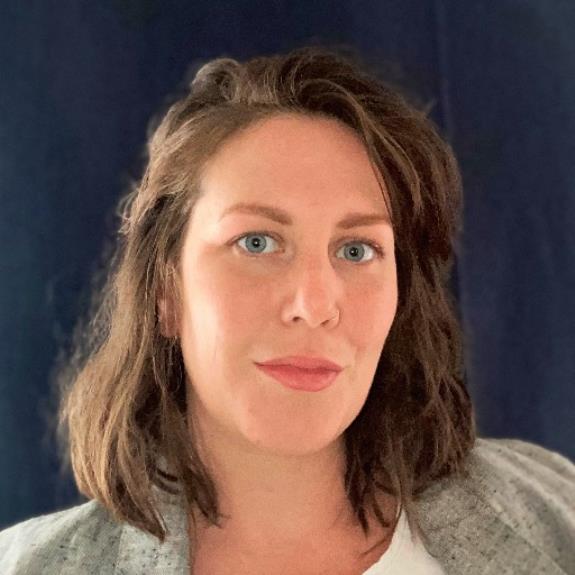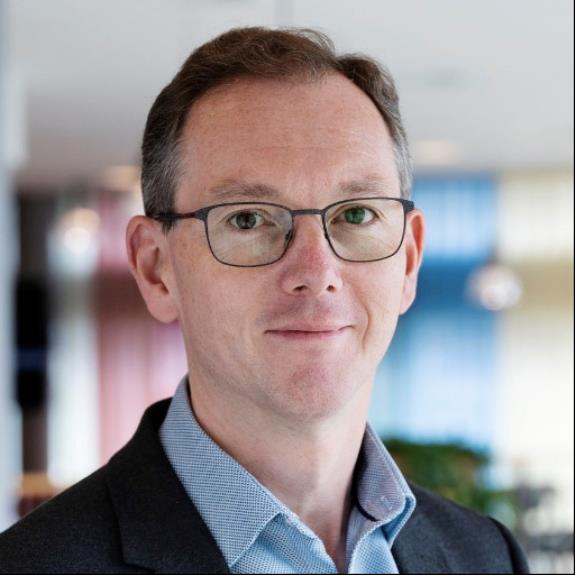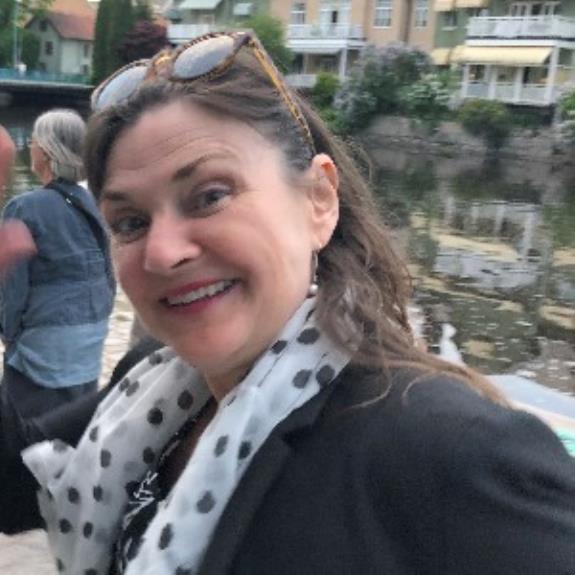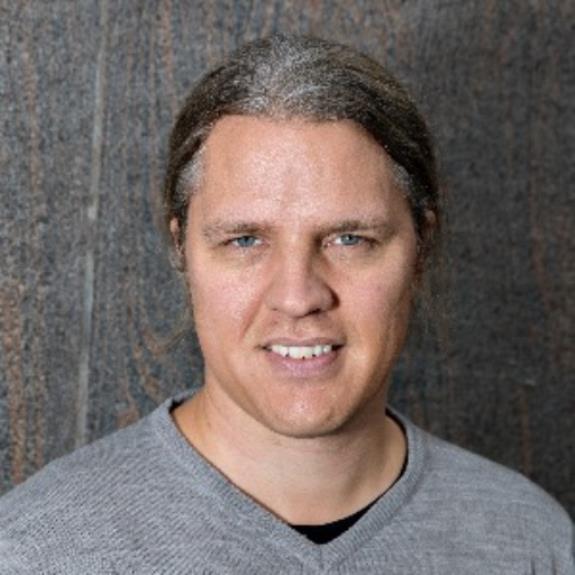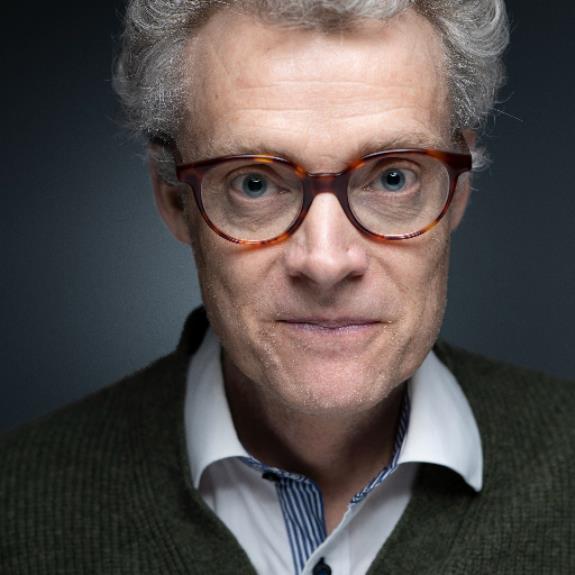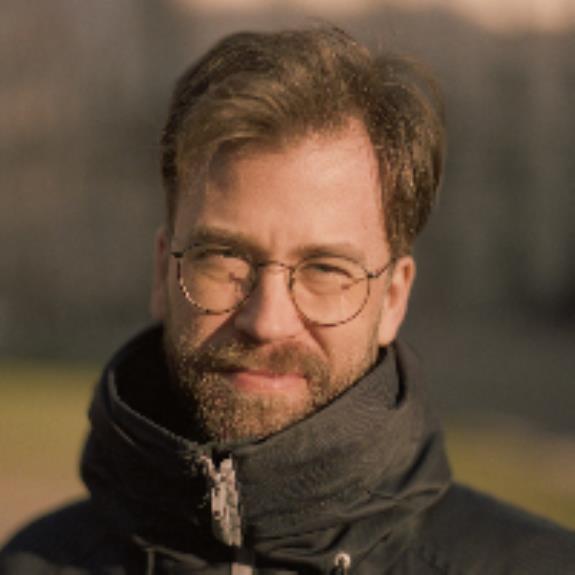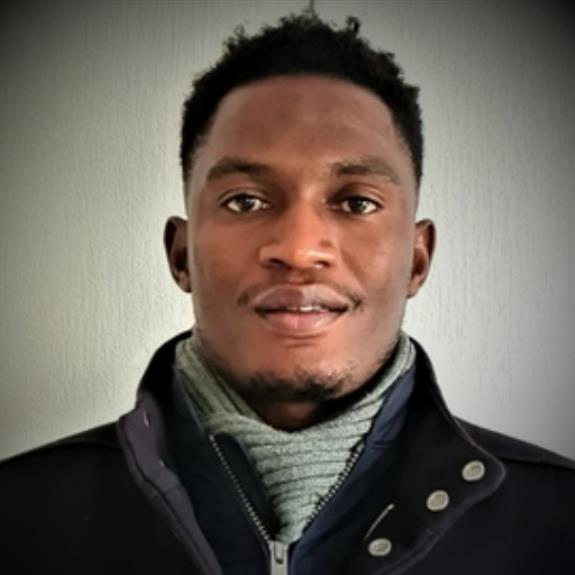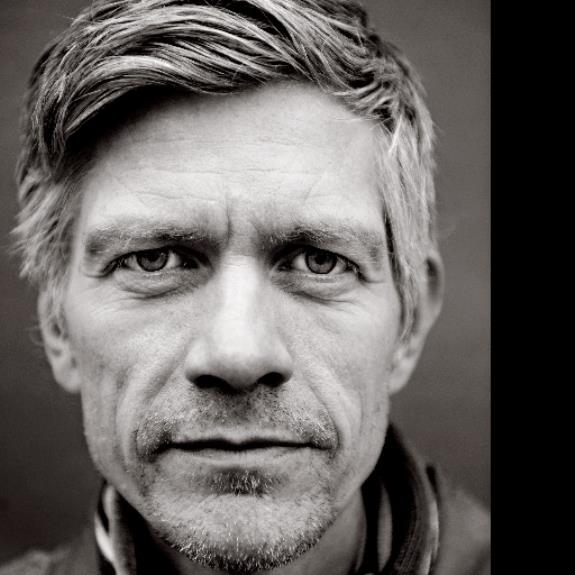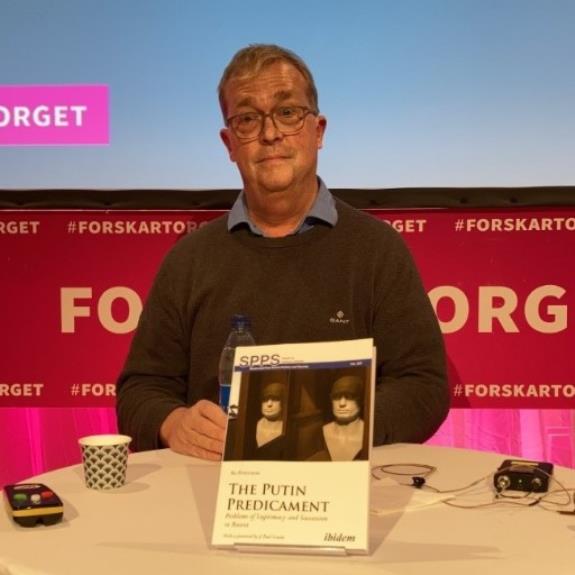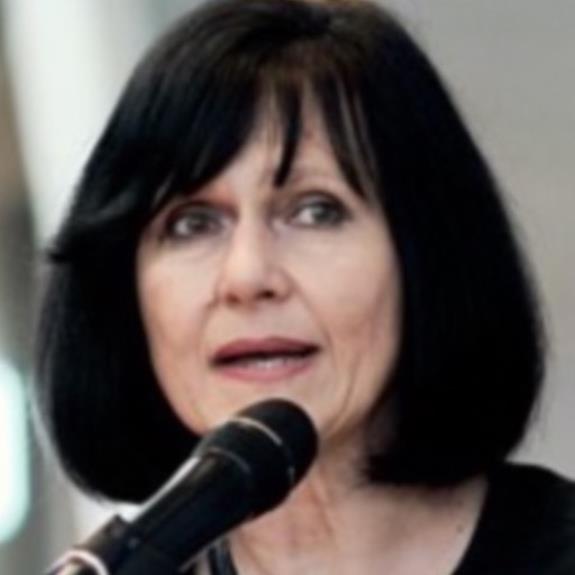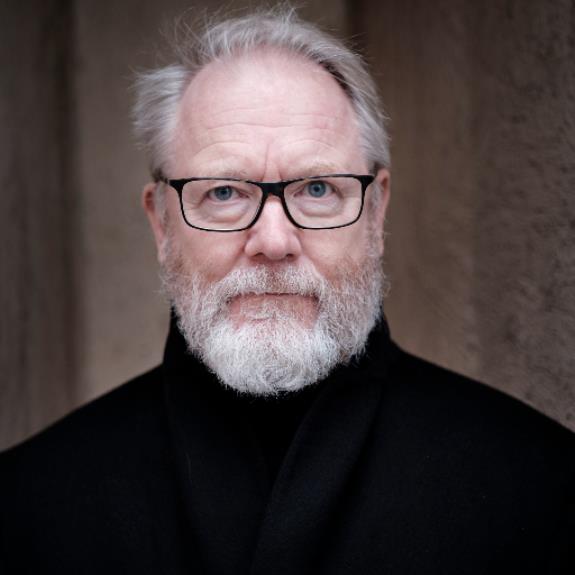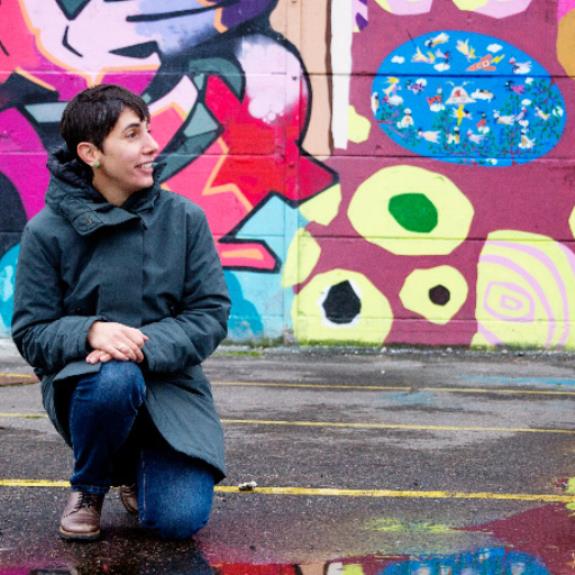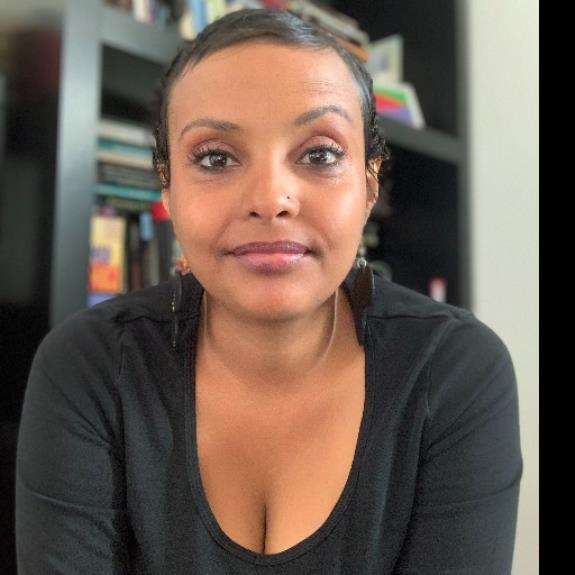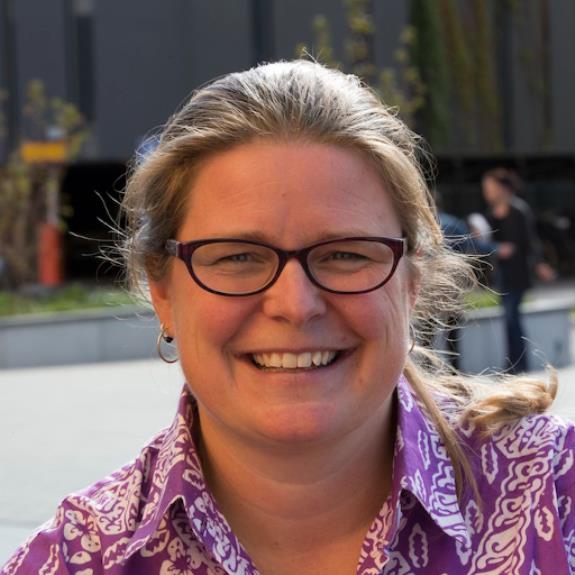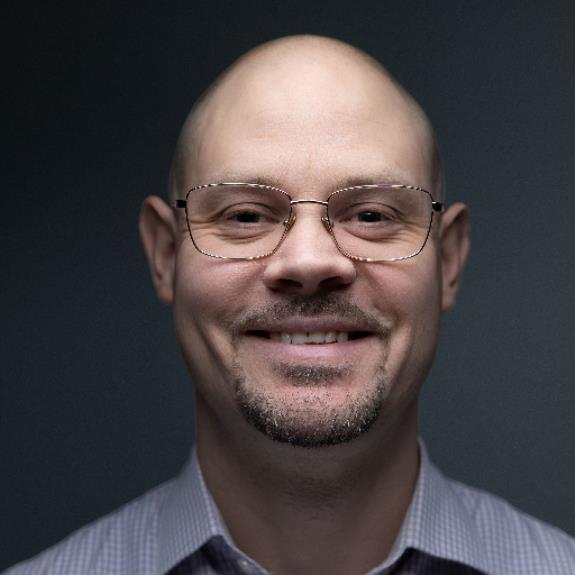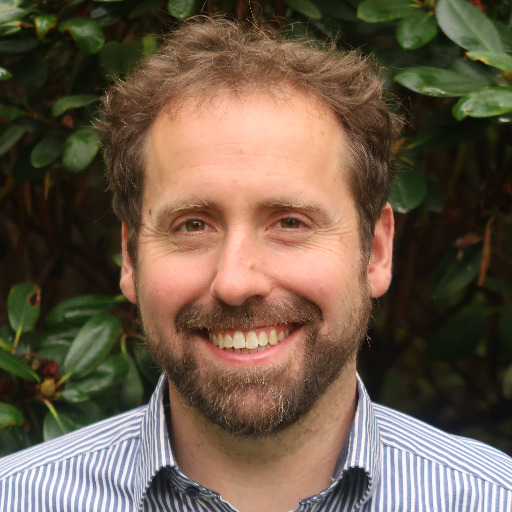We use cookies on this website. Cookies help us deliver the best experience on our website. Read about cookies.
-
- Education
- Education
- Programmes and courses
- Applications and admissions
- Tuition fees
- Scholarships
- Exchange studies at Malmö University
- Study Guidance
-
- After admission
- After admission
- Moving to Malmö
- Pre-orientation
- Arrival guide
-
- About studies at Malmö University
- About studies at Malmö University
- Why choose Malmö University
- Understanding university studies
- Connect with our students
On the page -
- Research
- Research
-
- Doctoral studies
- Doctoral studies
- Doctoral courses
-
- Doctoral schools
- Doctoral schools
- Doctoral school: Education, Learning and Globalisation
- Doctoral school: The National Research School for Professionals in Social Services
- Doctoral school: Learning in Multicultural Societal Contexts
- Doctoral school: ComBine
- Doctoral school: Swedish National Graduate School in Science and Technology Education Research
- Doctoral school: Relevancing Mathematics and Science Education (RelMaS)
- Doctoral school: Sustainable Movement Education
- Doctoral school: Finding ways in a time of great future challenges (FinnFram)
- Doctoral school: Pedagogy and Vocational Skills
- Doctoral school: Culturally Empowering Education through Language and Literature
- Research subjects
-
- Research centres
- Research centres
- Biofilms Research Centre for Biointerfaces
- Citizen Health
- Imagining and Co-Creating Futures
- Institute for Urban Research
- Malmö Institute for Migration Studies
- Literacy and Inclusive Teaching
- Centre for Work Life Studies
- Sustainable Digitalisation Research Centre
- Centre for Sexology and Sexuality Studies
-
- Research publications
- Research publications
- Search publications
- Malmö University Press
- Research events
- Participate in a research study
- Coffee Break Quiz
On the page -
- Collaboration and Innovation
- Collaboration and Innovation
- Innovation
- Collaboration with students
-
- Collaborate with researchers
- Collaborate with researchers
- Labs and facilities
- Culture collaboration
- Support Malmö University
- Alumni & Friends
On the page -
- About us
- About us
-
- Faculties and departments
- Faculties and departments
-
- Faculty of Culture and Society
- Faculty of Culture and Society
- Department of Urban Studies
- Department of Global Political Studies
- School of Arts and Communication
-
- Faculty of Education and Society
- Faculty of Education and Society
- Department of Childhood, Education and Society
- Department of Sports Sciences
- Department of Natural Science, Mathematics and Society
- Department of School Development and Leadership
- Department of Culture, Languages and Media
- Department of Society, Culture and Identity
-
- Faculty of Technology and Society
- Faculty of Technology and Society
- Department of Computer Science and Media Technology
- Department of Materials Science and Applied Mathematics
-
- Faculty of Odontology
- Faculty of Odontology
- Master's programmes in Dental Science
- University Dental Clinic
- Management and decision-making paths
-
- Vision, objectives and strategy 2025
- Vision, objectives and strategy 2025
- Global engagement
- Sustainability
- Widened recruitment and participation
- Quality assurance work at the University
-
- Malmö Academic Choir and Orchestra
- Malmö Academic Choir and Orchestra
- Student work – video pieces
-
- Annual Academic Celebration
- Annual Academic Celebration
- Academic traditions
- Meet our new professors
- The University in a troubled world
On the page
Rethinking Democracy
The Rethinking Democracy research platform (REDEM) is a shared space for discussing questions around democracy. We consider broad issues such as what democracy actually is, how it should work, and criteria for a functioning democracy. Alongside this, we consider how democracy functions beyond formal political settings, and in other spheres of social life.
Want to join?
The Rethinking Democracy research platform is open to all researchers at Malmö University and our external stakeholders who are broadly interested in theories and practices of democracy and its discontents.
Do you want to receive news on seminars and events organized by the platform? Or perhaps you have a paper you want to present? A seminar you would like to organize or a guest speaker you would like to invite? Do not hesitate to contact us through michael.strange@mau.se.
Our research
We live in a time of democratic paradoxes. A number of democratically elected leaders in the world are challenging basic democratic norms and institutions, and subverting the language of democracy to legitimise their actions. Younger generations are less likely to vote, yet often engage with political issues more than older generations.
Corporations have gained greater rights to counter public interest regulations, but we also see new forms of consumer participation and shareholder activism. Democracy is traditionally tied to the nation state, but issues seem to increasingly require transnational and/or local action. Political parties gain votes on the basis of being ‘nationalistic’, but many of their policies impact those who are not included within the nation-state’s boundaries.
REDEM combines the disciplines of political science, history of ideas, cultural studies, media studies, linguistic studies, communication for development and urban studies. From these respective backgrounds we address questions related to the multiple crises currently facing liberal and electoral democracy, the history and future of democracy and possible ways of rethinking democratic institutions, and civic engagement in the face of growing movements of authoritarian populism.
External evaluators rate REDEM as 'Excellent'
REDEM was originally established as a faculty-level platform where its output in terms of research, teaching impact, and societal engagement was reviewed by an external committee.
Some of the things the reviewers said
'The work of REDEM is original, multidisciplinary and international as evidenced through numerous partnerships and research collaborations. REDEM represents a truly multidisciplinary effort combining disciplines across the Social Sciences and Humanities to address some of the most urgent issues of our times. REDEM is a vibrant hub for events (seminars and conferences) as well as a series of research projects that address an original research agenda. In sum, REDEM fulfils the criteria set out by the University at an excellent level. I thus recommend the continuation of the REDEM work.'
'Given the backlash against and challenges to democracy which democratic societies around the world have experienced in the past years, I could hardly think of research topics in the social sciences that are more pressing than “democracy research”. In addition, the need to “rethink democracy” becomes obvious in view of the macro-transformations societies are witnessing (globalization incl. global migration, digitalization, climate change, global power shifts, plus a pandemic on top). Concentrating resources at Malmö University to bring together researchers and teachers to reflect upon the challenges associated with “rethinking democracy” therefore seems useful.' (Evaluation of the Research Platform REDEM, 2021)
Activities
Workshops
PhD-led workshops
Following a competitive call open to all PhDs at the Department of Global Political Studies, REDEM supported a series of international workshops with both local and international speakers. One included collaborating with the Gender Studies Research Group at MaU.
Isobel Squire - workshop 26 May 2023: How is illiberal democracy navigating gender politics? Moving from backlash to pragmatics in Poland.
With Weronika Grzebalska, Assistant Professor in Sociology, Institute of Political Studies, Polish Academy of Sciences. Weronika Grzebalska built upon her work on the surprising gender politics in the defence sector in Poland under populist right-wing governance. Her presentation discussed the shortcomings of the mainstream ‘backlash’ and ‘anti-gender’ literature, and alternative frameworks for addressing illiberal gender politics.
Sarah Bodelson - workshop 8 May 2023.: Thinking through reproductive justice in times of democratic backsliding.
Co-organised with the Gender Studies Research Group at Malmö University. With Soledad Quintana Fernández, a midwife working with abortions and Nada Amroussia, a doctoral student at the Faculty of Health and Society whose research project is titled ”Sexual and reproductive health equity from Policy to Practice: experiences of healthcare providers and migrant youth in Southern Sweden”.
Jess Haynie-Lavelle - workshop 26 April 2023: Blockchain & Healthcare Privacy
With Petra Müllerová, Lund University. The seminar-workshop created a space to explore blockchain within health care to engage with the questions: Can dominant blockchain technologies (Proof-of-burn, Practical Byzantine fault tolerance, Proof-of-stake, Proof-of-work) offer safe and secure access to health information sharing via mobile platforms? How might these interactions reproduce known vulnerabilities within the healthcare system and education on the individual’s health care? A paper on the resulting discussion will be submitted for publication.
Global Politics as a Tool for rethinking democracy
Participatory workshop at Storm, Malmö University, 25 April 2023.
Over a third of the Department of Global Political Studies gathered to develop new ways of thinking about democracy. Colleagues present described it as having given them 'the best conversations with one another in 25 years of working' at Malmö University.
Facilitated by Michael Strange, the session asked the related questions: What was your past view of the future of democracy? What is your present view of the future of democracy?
The Pandemocracy Conference – program and links
The conference in September 2021 explored the challenge and opportunities the pandemic created for democracy, with a special focus on everyday democratic engagement, conviviality, local politics, activism and communication for social change.
Wednesday 15 September
Intro and welcome
With Professor Rebecka Lettevall, Dean of the Faculty of Culture and Society
MaU Play – welcome by Dean Rebecka Lettevall
The Pandemic as an Accelerator: Implications of Digitalization
Keynote 1 with Thomas Hylland Eriksen, Professor of social anthropology, University of
Oslo. Chair: Oscar Hemer, Malmö University
MaU Play – keynote 1: Thomas Hylland Eriksen
Distrust, fear and disinformation
Paper panel 1 with Chair: Anders Hög Hansen, K3, Malmö University.
MaU Play – Panel 1: Distrust, fear and Disinformation
The Pandemic’s role in reconfiguring power relations
Paper panel 2 with Chair: Maria Brock, K3, Malmö University.
MaU Play – Panel 2: The Pandemic's role in reconfiguring power relations
Roundtable discussion
Magdalena Nowiska (Humboldt university Germany),
Marina Nistotskaya (University of Gothenburg, Sweden) and Gabriel Siles-Brugge (Warwick University, UK)
Covid-19 and Governance: Crisis reveals
Keynote 2 with Jan Nederveen Pieterse, Professor of Global Studies and Sociology at the University of California Santa Barbara US. Chair: Oscar Hemer
MaU Play – Keynote 2: Jan Nederveen Pieterse
Thursday 16 September
The connective work of everyday democratic repair
Keynote 3 with Carolyn Hendriks, Professor at the Crawford School of Public Policy
Australian National University. Chair: Michael Strange, Malmö University
Mau Play – Keynote 3: Carolyn Hendriks
Populism and the pandemic
Paper panel 3 with Chair: Anders Hellström, Malmö
University.
Mau Play – Panel 3: Populism and the Pandemic
Media distrust and vaccine hesitancy in the context of the covid-19 pandemic crisis: findings from a European Panel survey
Keynote 4 with Anne Kaun, Media and Communication Studies, Södertörn University,
Sweden. Chair: Tina Askanius, Malmö University.
Mau Play – Keynote 4: Anne Kaun
Paper sessions
1. Distrust, fear and disinformation
Chair: Anders Hög Hansen, K3, Malmö University
- “I trust in no one!” Exploring vaccination hesitancy as everyday politics. Author: Mia-Marie Hammarlin, Lund University, Sweden
- Mis/Dis-Information and Webinars about Syria During the Covid-19 Pandemic. Author: Josepha Wessels, K3, Malmö University, Sweden
- Pandemocracy And The Politics Of Fear: Beyond The State Of Exception. Authors: Dan Degerman (Department of Philosophy University of Bristol), Matthew Johnson (Department of Politics, Philosophy and Religion, Lancaster University) and Matthew Flinders (Department of Politics and Sir Bernard Crick Centre University of Sheffield)
2. The pandemic’s role in reconfiguring power relations
Chair: Maria Brock, K3, Malmö University
- A Convivial Turn: Reimagining Democracy and Global Governance in the Post-Pandemic World. Author: Sungjoon Cho, Professor of Law, IIT Chicago-Kent College of Law
- The Democratic Paradox of the Israeli COVID-19 Regulations. Author: Sharon Yadin, University of Haifa, Israel
- Putin, Parade, Plebiscite, Pandemic: Legitimation strategies and dilemmas in Russia’s first year of Covid-19. Authors: Bo Petersson, Malmö University and Matthew Blackburn, Uppsala University
3. Populism and the pandemic
Chair: Anders Hellström, GPS, Malmö University
- Populism and COVID-19: How Populist Governments (Mis)Handle the Pandemic. Authors: Michael Bayerlein, Kiel Institute for the World Economy; Christian-Albrechts-University of Kiel; Vanessa A. Boesex, Varieties of Democracy (V-Dem) Institute, University of Gothenburg; Scott Gates (Peace Research Institute Oslo (PRIO), University of Oslo; Katrin Kaminy, Kiel Institute for the World Economy; Christian-Albrechts-University of Kiel, Syed Mansoob Murshedk, Centre for Financial and Corporate Integrity (CFCI), Coventry University
- Populist communication in pandemic times: How populist presidents in Latin America performed during the COVID-19 crisis. Authors: Aline Burni, German Development Institute and Eduardo Ryo Tamaki, Federal University of Minas Gerais
- The political uses of the covid pandemic in the rise of Greek authoritarianism. Authors: Filippa Chatzistavrou and Konstantinos Papanikolaou (Department of Political Science and Public Administration, National and Kapodistrian University of Athens)
Redem seminars
AI + Democracy reading group
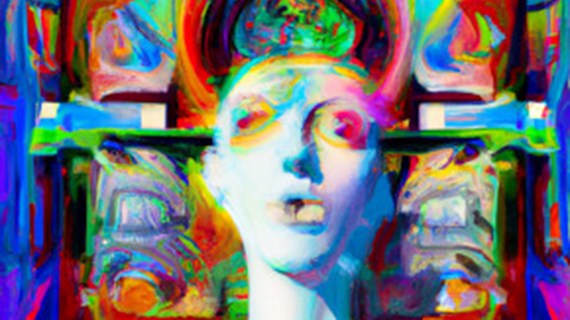
AI + Democracy reading group
Collaborating with PHED, REDEM brings social science tools to AI research. This includes a reading group which has already met 20 times to share ideas and debate around some of the most exciting literature in the field. There have been events focused on participation and AI with a mix of academics, industry, civil society, and government.
REDEM Seminars
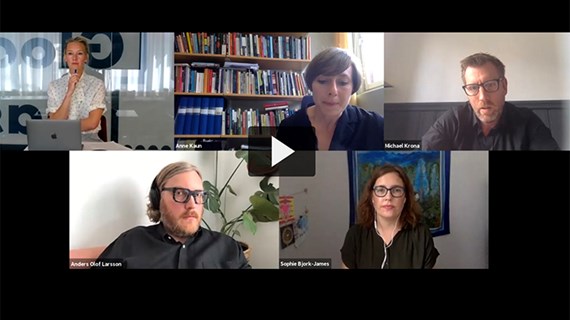
REDEM Seminars
REDEM's task is to foster well-informed and critical discussions around the past, present, and future of democracy as a political form for public decision-making. Take part in our public video archive.
Researchers, publications and projects
The REDEM platform brings together scholars from different disciplines across the Faculty of Culture and Society and invites colleagues from other faculties interested in using the platform as a vehicle for advancing their research.
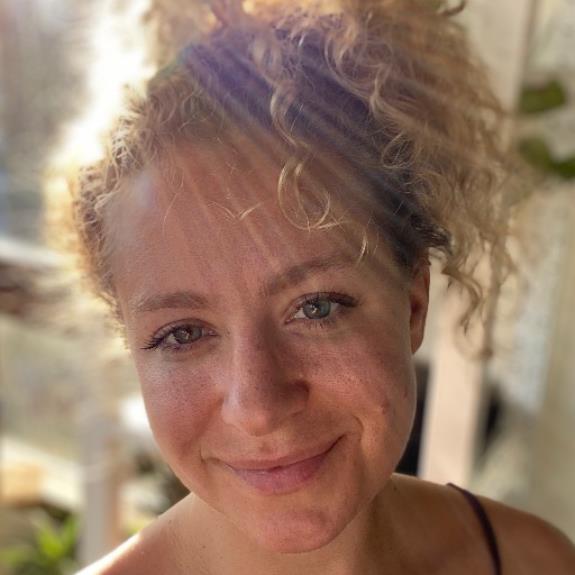
Caroline Adolfsson
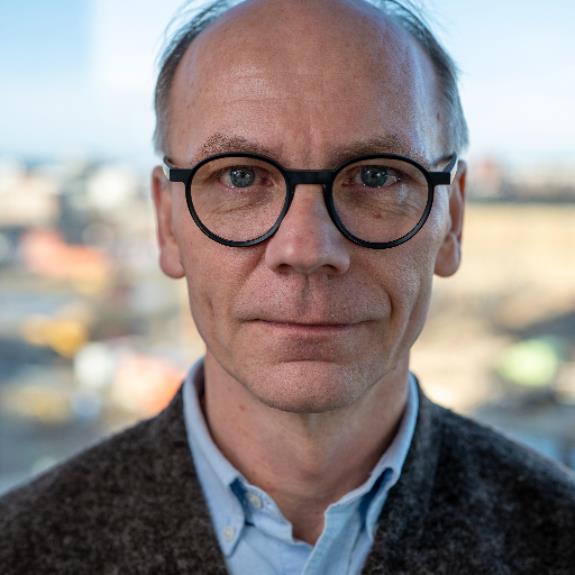
Peter Hallberg
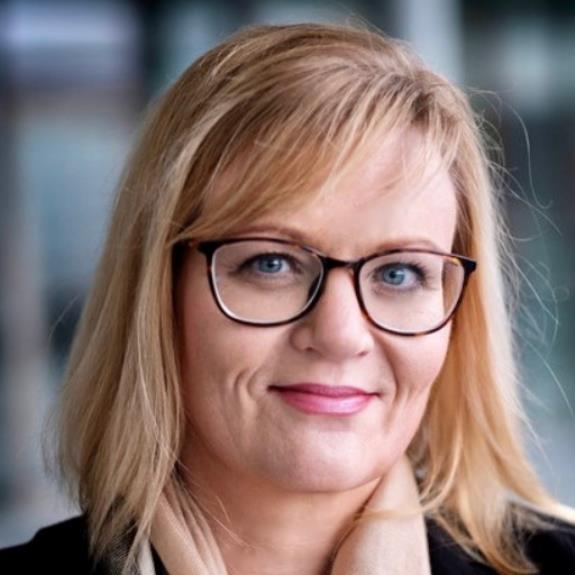
Gunnhildur Lily Magnusdottir
Publications
Research projects
Our research projects focus on electoral politics; citizenship and the demos; local decision-making processes; social movements; civic engagement and everyday democracy; violent extremism and anti-democratic movements; journalism and democracy; politics of artificial intelligence; health equity; participatory art; and new publics.
-
 Research project
Research projectHuman Rights Mobilisation of Welfare Professionals Against the Informers Act - Arguments, Strategies and Practices (HUMASP)
jacob.lind@mau.se -
 Research project
Research projectPracticing Hope: Challenging myths and changing narratives of youth in super-diverse urban communities (YouHope)
jacob.lind@mau.se -
 Research project
Research projectGendered norms and practices in Nordic and Baltic Climate Policy Institutions: Implication for the Climate Transition
gunnhildur.lily.magnusdottir@mau.se -
 Research project
Research projectMultistakeholder perspectives and experience of trust in digital health and AI
michael.strange@mau.se -
 Research project
Research projectFuture Society and Democracy in Europe
michael.strange@mau.se -
 Research project
Research projectCountering Oppositional Political Extremism through Attuned Dialogue: Track, Attune, Limit
tina.askanius@mau.se -
 Research project
Research projectSwedish Riksdag 1867–2022: An Ecosystem of Linked Open Data
fredrik.noren@mau.se -
 Research project
Research projectSwedish Parliamentary Debates
fredrik.noren@mau.se -
 Research project
Research projectThe Significance of the Congress for Cultural Freedom for the Cultural Cold War in the Nordic region, 1950-1967
dino.knudsen@mau.se -
 Research project
Research projectPHED - Precision Health and Everyday Democracy
michael.strange@mau.se -
 Research project
Research projectWelfare State Analytics: Text Mining and Modeling Swedish Politics, Media & Culture, 1945-1989 (WeStAc)
fredrik.noren@mau.se
